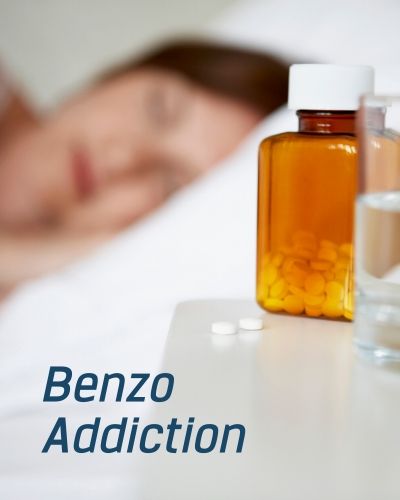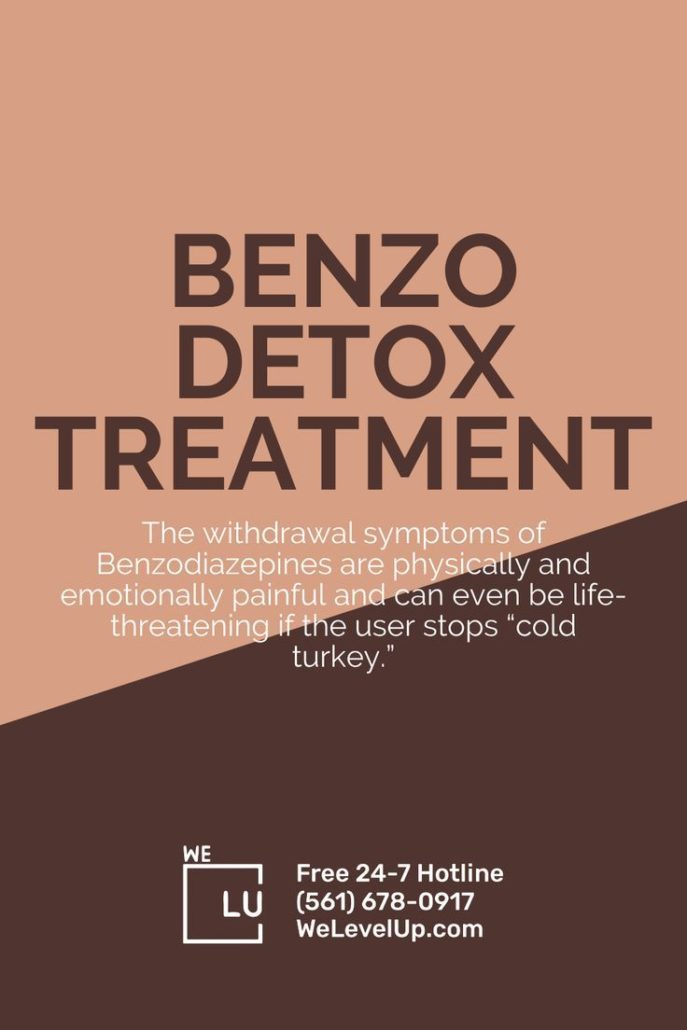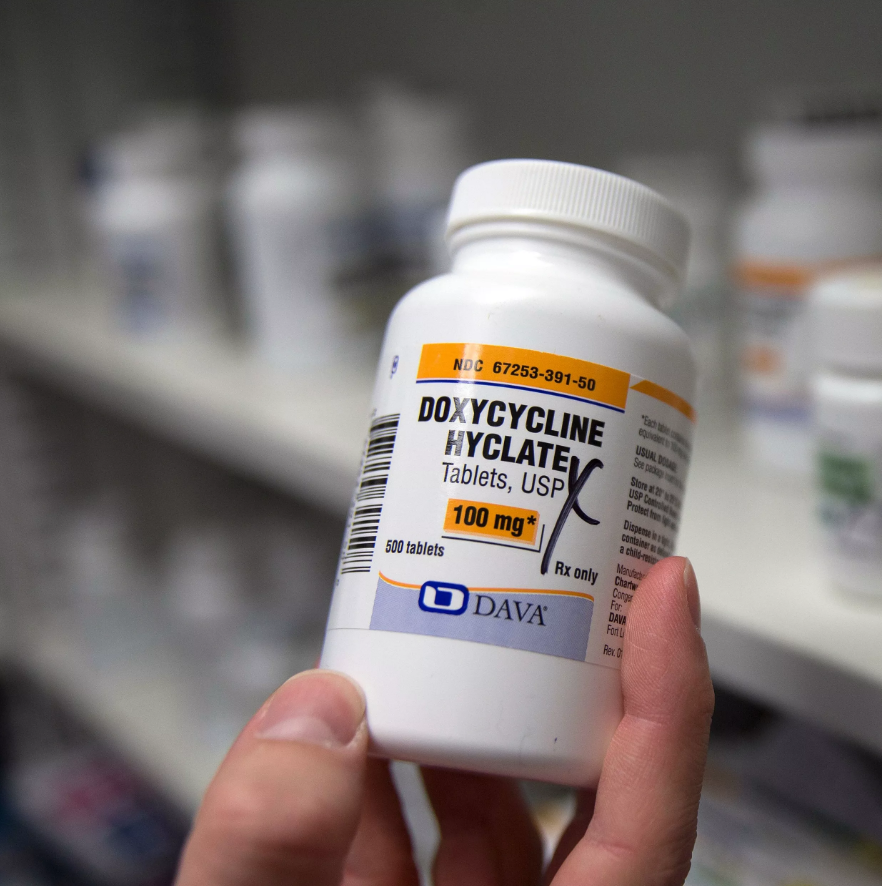Is Valium a Narcotic?
Valium – Is it a narcotic, and what are the implications of its use? We delve into the depths of Valium, a commonly prescribed medication for anxiety and related disorders, to understand its classification, potential for abuse, side effects, and the risk of addiction. Whether you’re a healthcare professional or someone seeking information, this article provides valuable insights into Valium and its impact on individuals’ lives.
Struggling with Substance Abuse? Join numerous individuals who have found support in We Level Up for drug addiction treatment. Contact us 24/7 for confidential assistance. Our addiction professionals are here to guide you on your recovery journey.
What is Valium?
Valium, with its generic name diazepam, is a widely recognized medication in the benzodiazepine class. This pharmaceutical powerhouse is primarily prescribed to manage a range of medical conditions, particularly those related to anxiety and stress. Let’s dive into its multifaceted character:
- Anxiety and Stress: Valium’s prominent role is mitigating anxiety, tension, and restlessness. Healthcare providers often prescribe it for generalized anxiety disorder (GAD), panic disorder, and social anxiety.
- Muscle Spasms: Valium’s muscle relaxant properties make it beneficial in addressing conditions marked by muscle spasms, such as muscle injuries and certain neurological disorders.
- Seizures: This versatile drug is also utilized in managing various types of seizures, including those associated with epilepsy.
- Alcohol Withdrawal: Valium aids individuals undergoing alcohol withdrawal by curbing withdrawal symptoms like tremors and agitation.
- Sedation: It is sometimes used as a preoperative sedative and amnestic agent to induce calmness before medical procedures.
- Insomnia: In some cases, Valium can help with short-term insomnia, although its use is typically limited due to the risk of dependence.
Is Diazepam a Narcotic?
No, diazepam (commonly known by the brand name Valium) is not classified as a narcotic. Diazepam belongs to the benzodiazepine class of medications, distinct from narcotics.
In medical terms, narcotics typically refer to opioids or opiates, such as morphine, codeine, and heroin. These substances are derived from the opium poppy plant or synthetically produced to mimic their effects and primarily act on the body’s opioid receptors.
On the other hand, Diazepam is a benzodiazepine that primarily affects the central nervous system by enhancing the activity of a neurotransmitter called gamma-aminobutyric acid (GABA). It is prescribed for various medical conditions, including anxiety, muscle spasms, seizures, and alcohol withdrawal.
While diazepam is not a narcotic, it is a controlled substance due to its potential for abuse and dependence. It should only be used under the guidance and supervision of a healthcare professional to ensure safe and appropriate usage.
Uncover addiction counseling that works. Discover professional help from We Level Up’s addiction and mental health therapists. Start getting support with a free call to our addiction hotline.

Skip To:
Learn More:
- Is Ambien a Narcotic? Ambien Risks and Addiction Potential. Ambien Narcotics. Why is Ambien a Narcotic?
- Is Gabapentin a Narcotic or a Controlled Substance? Gabapentin Narcotic Class. Gabapentin Narcotics.
- Is Tramadol a Narcotic? Is Tramadol a Narcotics Class? Is Tramadol a Narcotic or Not? Is Tramadol an Opioid? Signs of Tramadol Opioid Use Disorder & Narcotic Drug Treatment Center NJ
- Is Heroin a Narcotic?
- Narcotics Anonymous Support Groups
- Benzodiazepine Detox, Withdrawal, Symptoms, Timeline, & Treatment
Get Help. Get Better. Get Your Life Back.
Searching for Accredited Drug & Alcohol Rehab Centers Near You? Or Mental Health Support?
Even if you have failed previously, relapsed, or are in a difficult crisis, we stand ready to support you. Our trusted behavioral health specialists will not give up on you. Call us when you feel ready or want someone to speak to about therapy alternatives to change your life. Even if we cannot assist you, we will lead you wherever you can get support. There is no obligation. Call our hotline today.
FREE Addiction Hotline – Call 24/7Valium Narcotics Facts
Overview: Valium, with its generic name Diazepam, is a prescription medication belonging to the benzodiazepine class. It is widely used for its anxiolytic (anxiety-reducing), muscle relaxant, anticonvulsant, and sedative properties.
Common Uses
- Anxiety Disorders: Valium is prescribed for various anxiety disorders, including generalized anxiety disorder (GAD), panic disorder, and social anxiety.
- Muscle Spasms: It treats muscle spasms caused by injuries or certain medical conditions.
- Seizures: Valium effectively manages different types of seizures, including those associated with epilepsy.
- Alcohol Withdrawal: It helps alleviate withdrawal symptoms in individuals undergoing alcohol withdrawal.
- Preoperative Sedation: Valium is a preoperative sedative and amnestic agent to induce relaxation before medical procedures.
How Valium Works: Valium enhances the effects of gamma-aminobutyric acid (GABA), a neurotransmitter in the brain that promotes relaxation and reduces anxiety. By increasing GABA activity, Valium produces its calming and muscle-relaxing effects.
Potential for Abuse and Dependence: Valium has a potential for abuse and dependence, mainly when used for extended periods or at higher doses than prescribed. Due to its potential misuse, it is classified as a Schedule IV controlled substance in many countries.
Valium Narcotics Common Side Effects
- Drowsiness
- Dizziness
- Muscle weakness
- Impaired coordination
- Dry mouth
- Changes in appetite
Valium Narcotics Precautions
- Valium should be used strictly as prescribed by a healthcare professional.
- Avoid alcohol and other substances that depress the central nervous system while taking Valium.
- Abruptly discontinuing Valium can lead to withdrawal symptoms, so it should be tapered under medical guidance.
- Long-term use should be carefully monitored to prevent dependence.
Amitriptyline Statistics
Amitriptyline, one of the earliest antidepressants introduced following imipramine, finds application in various psychiatric and organic conditions. Its mode of action involves augmenting monoamine availability within the central nervous system’s postsynaptic clefts. While suspicions of amitriptyline’s potential for abuse have lingered based on isolated case reports, case studies provide tangible evidence to support such concerns.
4.9 Million
In 2020, doctors prescribed more than 4.9 million doses of Valium.
Source: FDA
1.2 Million
Between 1998 and 2008, there was a tripling of admissions for treatment with benzos (including Valium).
Source: FDA
3x Admission
About 1.2 million people in the United States started abusing benzos like Valium in 2013.
Source: FDA

Get Your Life Back
Find Hope & Recovery. Get Safe Comfortable Detox, Addiction Rehab & Mental Health Dual Diagnosis High-Quality Care at the We Level Up Treatment Centers Network.
Hotline (877) 378-4154Conquering Valium Abuse: Discover the Support You Seek
Withdrawing from Valium can be an arduous journey to navigate alone. Numerous individuals face relapses during withdrawal as they try to ease symptoms and cravings. Yet, you can effectively manage withdrawal symptoms and achieve recovery through detox, rehab therapy, and a strong support network at We Level Up treatment centers. Contact a We Level Up treatment expert today if you need help on your rehab path. Your call is both free and confidential.
Causes of Valium Addiction
Valium addiction, like addiction to other benzodiazepines, can develop due to various factors, both physiological and psychological. Understanding the potential causes can shed light on the complexities of addiction:
- Recreational Use: Some individuals initially use Valium for recreational purposes, seeking its euphoric or sedative effects. This misuse can lead to addiction over time.
- Prescription Misuse: Even when taken as prescribed, Valium carries a risk of dependence. Misusing the medication by taking higher doses or using it longer than recommended can increase this risk.
- Prolonged Use: Long-term use of Valium, significantly beyond the prescribed duration, can lead to physical dependence as the body becomes accustomed to the drug’s presence.
- Tolerance: With continued use, individuals may develop tolerance to Valium, requiring higher doses to achieve the desired effects. This can escalate misuse and addiction.
- Co-occurring Disorders: Individuals with co-occurring mental health disorders, such as anxiety or depression, may be at a higher risk of Valium addiction, as they may use the medication to self-medicate their symptoms.
- Genetics: Genetics can play a role in addiction susceptibility. Some individuals may have genetic factors that make them more prone to substance abuse and dependence, including Valium.
- Psychological Factors: Psychological factors, such as a history of trauma, stress, or a lack of healthy coping mechanisms, can contribute to Valium addiction.
- Social Environment: Exposure to a social environment where Valium misuse is prevalent or where there is easy access to the drug can increase the risk of addiction.
- Withdrawal Avoidance: Some individuals continue using Valium to avoid experiencing uncomfortable withdrawal symptoms, which can be challenging.
- Peer Pressure: Peer pressure and influence from friends or acquaintances who misuse Valium can lead to experimentation and, potentially, addiction.
First-class Facilities & Amenities
World-class High-Quality Addiction & Mental Health Rehabilitation Treatment
Rehab Centers TourRenowned Addiction Centers. Serene Private Facilities. Inpatient rehab programs vary.
Addiction Helpline (877) 378-4154Proven recovery success experience, backed by a Team w/ History of:
15+
Years of Unified Experience
100s
5-Star Reviews Across Our Centers
10K
Recovery Success Stories Across Our Network
- Low Patient to Therapist Ratio
- Onsite Medical Detox Center
- Comprehensive Dual-Diagnosis Treatment
- Complimentary Family & Alumni Programs
- Coaching, Recovery & Personal Development Events
Is There a Non Narcotic Valium?
Several non-benzodiazepine medications may be considered if you are looking for non-narcotic alternatives for managing anxiety or other medical conditions. These non-benzodiazepine options include:

- Selective Serotonin Reuptake Inhibitors (SSRIs): SSRIs are a class of antidepressant medications commonly used to treat anxiety disorders. Examples include sertraline (Zoloft), fluoxetine (Prozac), and escitalopram (Lexapro).
- Serotonin-Norepinephrine Reuptake Inhibitors (SNRIs): SNRIs are another class of antidepressants that can be effective for anxiety. Examples include venlafaxine (Effexor) and duloxetine (Cymbalta).
- Buspirone (Buspar): Buspirone is an anti-anxiety medication that works differently from benzodiazepines and is not considered addictive.
- Beta-Blockers: While not typically used as the first-line treatment for anxiety, beta-blockers like propranolol can help manage some physical anxiety symptoms, such as rapid heartbeat and trembling.
- Antihistamines: Some antihistamines, like hydroxyzine (Vistaril), may be prescribed for their sedative effects to help manage anxiety.
World-class, Accredited, 5-Star Reviewed, Effective Addiction & Mental Health Programs. Complete Behavioral Health Inpatient Rehab, Detox plus Co-occuring Disorders Therapy.
CALL (877) 378-4154End the Addiction Pain. End the Emotional Rollercoaster. Get Your Life Back. Start Drug, Alcohol & Dual Diagnosis Mental Health Treatment Now. Get Free No-obligation Guidance by Substance Abuse Specialists Who Understand Addiction & Mental Health Recovery & Know How to Help.
Valium Narcotics Addiction Treatment
Valium addiction can be a complex and challenging journey, and we’re here to provide comprehensive support.
Our Services Include:
- Dual Diagnosis Treatment: Addressing co-occurring mental health issues alongside addiction, our integrated care approach promotes lasting recovery.
- Medical Detox: Ensuring a safe and comfortable Ambien withdrawal under expert supervision.
- Individualized Therapy: Exploring addiction’s root causes and developing personalized recovery strategies through one-on-one counseling.
- Group Therapy: Building community and sharing experiences in supportive group sessions.
- Holistic Approaches: Incorporating yoga, meditation, and art therapy to address physical, emotional, and spiritual aspects of recovery.
- Relapse Prevention: Equipping individuals with tools to identify triggers and maintain sobriety.
Our commitment at We Level Up is helping individuals overcome Ambien addiction for lasting recovery. Our evidence-based treatments, compassionate staff, and personalized care plans support each person’s unique journey to sobriety. If you or someone you know is struggling with Ambien addiction, reach out today. We provide guidance and support, promoting mental health and well-being.

We Level Up Treatment Center is committed to guiding you toward lasting recovery from Valium Addiction and co-occurring conditions. Our multidisciplinary team is here to provide unwavering support, guidance, and personalized care every step of the way. Let’s embark on this transformative journey together.
Experience Transformative Recovery at the We Level Up Treatment Center.
See our authentic success stories. Get inspired. Get the help you deserve.



Start a New Life
Begin with a free call to an addiction & behavioral health treatment advisor. Learn more about our dual-diagnosis programs. The We Level Up treatment center network delivers various recovery programs at each treatment facility. Call to learn more.
- Personalized Care
- Caring Accountable Staff
- World-class Amenities
- Licensed & Accredited
- Renowned w/ 5-Star Reviews
We’ll Call You
Most Popular Is Valium a Narcotic FAQ
-
is Valium considered a narcotic? Is Valium a narcotic drug?
No, Valium (Diazepam) is not considered a narcotic. It is a benzodiazepine medication used to treat anxiety, muscle spasms, seizures, and related conditions.
Powerful Video Overcoming Prescription Drug Abuse
“I wanted my life back. I was a shell of a person. I wanted to be trusted; I wanted relationships back that I lost, mainly my children and family. It started innocent enough, I got into a car accident, and then I got sucked into the whole, you know, medication issue with the pills. Before I knew it, I was in a cloud. I was sucked in by addiction, and with my mind, I kept thinking it was OK because a doctor was prescribing this for me, a doctor was giving me this, a doctor was giving me that.
So, I didn’t think I was doing anything wrong. Level Up supports my family and my relationships with my family, and they’ve helped me grow as a person. When I first started there, I was so intimidated and scared, you know? But, they’ve taught me, they’ve taught me how to come into my own. And then, you know, when I get the call from my twenty-one-year-old daughter in the middle of the day, to say ‘I love you, Mom.’ that’s amazing.”
Jen’s Addiction Recovery Testimonial
Search Is Valium a Narcotic? Side-effects, Abuse & Addiction / Detox & Mental Health Topics & Resources
Sources
- National Institutes on Health. (2014). Diazepam. Retrieved on March 7, 2014, from: http://www.nlm.nih.gov/medlineplus/druginfo/meds/a682047.html Learn more: Is Valium a Narcotic? Is valium narcotic
- Psych Central. (2008). New Understanding of Valium Addiction. Retrieved on March 7, 2014, from: http://psychcentral.com/news/2008/08/29/new-understanding-of-valium-addiction/2846.html Learn more: Is Valium a Narcotic, is a valium a narcotic?
- ClinCalc. (2022) Diazepam Drug Usage Statistics. Retrieved on November 14, 2022, from: https://clincalc.com/DrugStats/Drugs/Diazepam Learn more: Is Valium a Narcotic





